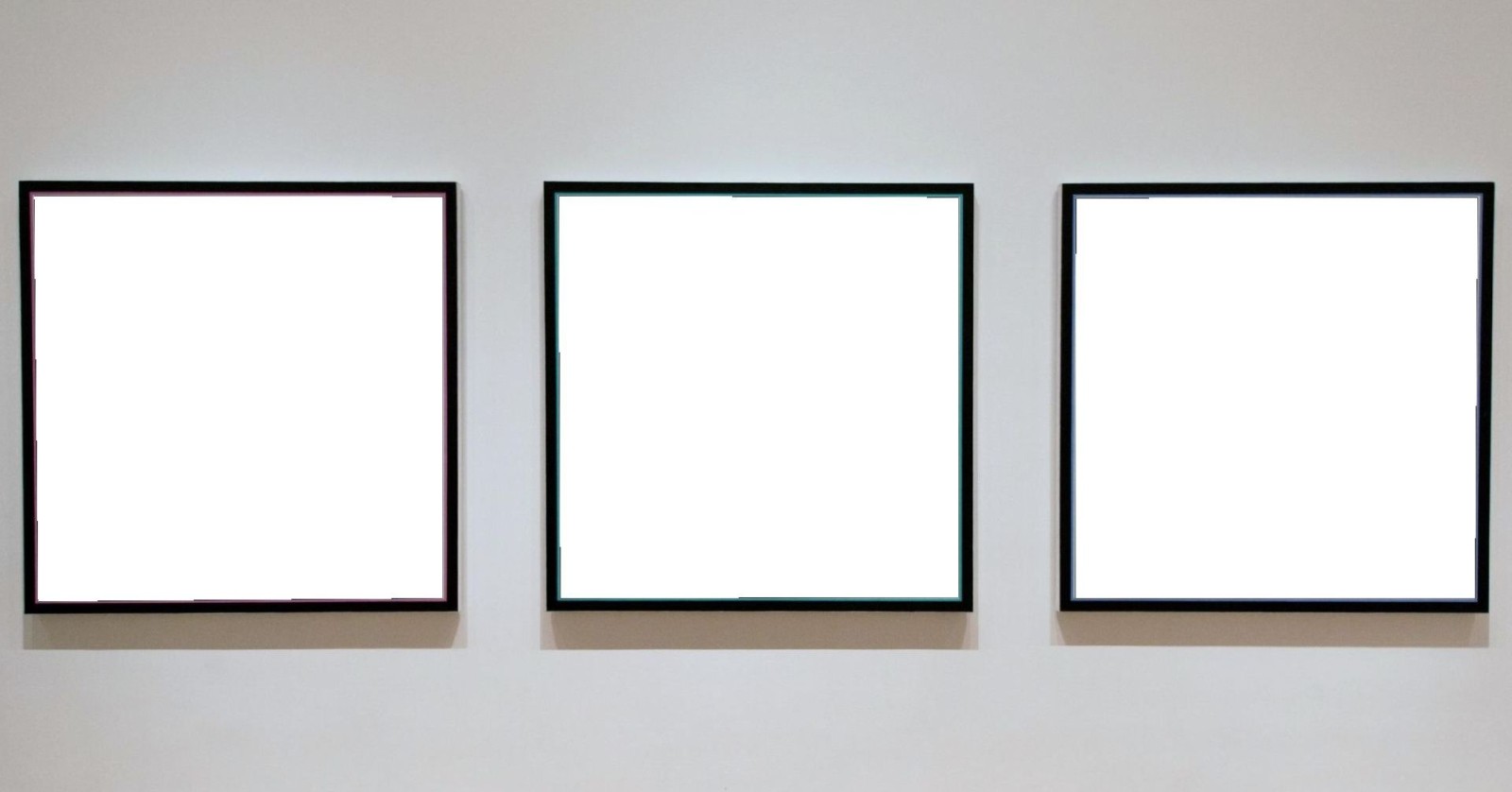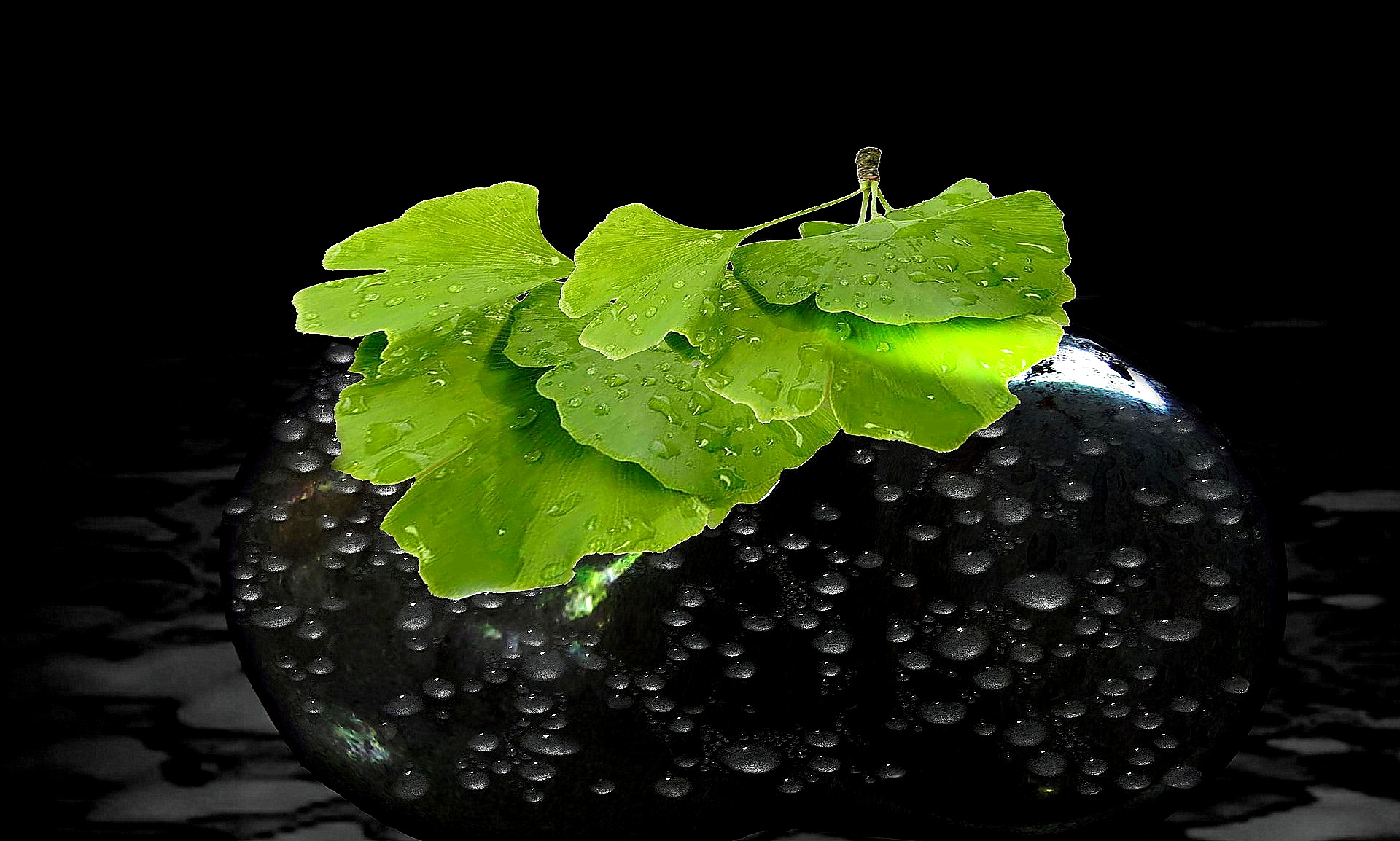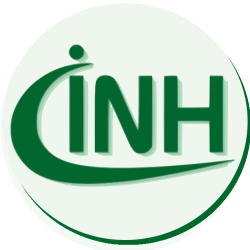
The decidedly homeopathy-friendly programme “Die Wahrheit über Homöopathie” (The Truth … about Homeopathy) by the German television channel rbb, first broadcast on 25 June and repeated by channel tagesschau 24 on 20 August, we have already honoured by publishing of one of our followers’ excellent letter to the editors. However, the programme contains so many misleading and partly false statements in detail that it is impossible to justice to all that in a summary article.
A particularly strange statement, outspoken by a professor of medicine, cannot remain unquestioned in our opinion. Prof. Tom Bschor has a considerable reputation, is a specialist in psychiatry and psychotherapy, was chief physician in renowned clinics and a long-standing member of the Drug Commission of the German medical profession. Statements by such personalities carry weight, especially in a publicly broadcast TV programme, which is designed for the effect of concise statements.
What exactly is it about?
Prof. Bschor makes the following statement from min. 32:54:
“But I do not think it is a convincing argument to say “there is nothing in it and it can’t have any effect at all. That has never convinced me before. 200 years ago we did not know radioactivity and could not imagine it, and yet it had a strong effect …”.
At first we assume, although it is a little difficult to do so in the context of the last sentence, that this statement was falsified by an unfavourable editing and Prof. Bschor perhaps referred exclusively to a psychological effect. Otherwise we would be unable to explain how such an absurd statement comes about:
If it were indeed the case that a substance could cause a specific effect even when it is not present, then we would have a huge problem for large parts of our lives. Not only with alcohol-free beer or decaffeinated coffee, where alcohol and caffeine have been removed so that they no longer have any effect. Strictly speaking, this concept – no effect without an active ingredient – is essential for our very existence:
-
- Among other things, our organism excretes harmful substances and toxins so that they have no harmful effect.
- In case of deficiency diseases (vitamins, hormones …) the missing substances must be supplied, because otherwise they are not or not in sufficient quantity available in the body and therefore do not work.
- In the case of poisoning, a search is carried out for the poison substance causing it. Without the presence of a toxin there is no effect and therefore no poisoning.
- In the case of water for medical purposes, the amount of impurities and germs is reduced so that they do not take effect.
- The safety of our medicines and food is guaranteed, among other things, by the fact that certain substances are not contained and therefore do not work.
- One of the aims of pharmaceutical research is to prevent certain substances from causing undesirable side effects by removing them.
- In the treatment of drinking water, substances are removed so that they do not work.
- Air pollution control involves removing pollutants or preventing their emission so that they do not work.
- To keep water clean, certain substances must not be discharged so that they do not have an effect.
- Climate protection aims to significantly reduce emissions of carbon dioxide and greenhouse gases in order to limit their effects.
- In the pharmaceutical industry, the intensity of the effect of a preparation is controlled by the quantity of active ingredient: less active ingredient = less effect, no active ingredient = no effect.
- If you do not add salt to a soup, it will not work and the soup will remain bland.
- The materials used in all our products are made by removing substances that could deteriorate the properties so that they do not work.
We think there are still any number of examples from science, technology and daily life that depend largely essentially on the fact that a substance cannot cause a specific effect in its absence. A meaningful medicine that focuses on identifying the causes of disease would not be possible and we could at best only go back to the invocation rites of earlier shamanic tradition.
How could one eat or drink something with pleasure if he or she constantly had to expect that some substance from the universe would suddenly take effect in absence, with possibly unforeseeable or even fatal consequences?
There is only one area in which this principle should not apply, and even the opposite is promoted as the basis of the presciption: homeopathy. This is either a mistaken assumption which turns the whole body of thought based on it into a unreal wishful thinking. Or it should be possible to show which of homeopathy’s immanent procedures causes this strange behaviour. So why should diluting and shaking lead to an increase in effectiveness only in the case of homeopathy – and in all other known cases not.
The analogy with radioactivity, which was also effective although we did not know it, is therefore completely out of place. Its triggers were very much present when it became effective – completely independently of our knowledge of its existence.
We know quite well and experience every day in great variety what happens when shaking and diluting, namely a weakening of the effect and just not a phenomenon that would allow homeopathic remedies to become effective medicines. It is not that we know too little about these everyday processes – on the contrary, we know a great deal about what can and cannot be achieved with them – and also why this is so.
We see a dissent between these facts and the statement of Prof. Bschor in the rbb programme. We have therefore submitted our argumentation to him with a request for clarification / explanation. How it went on and what to say in conclusion is stated in the article “Applies in the whole universe – Nothing does nothing!”
Picture: Amanda Elizabeth on Pixabay

